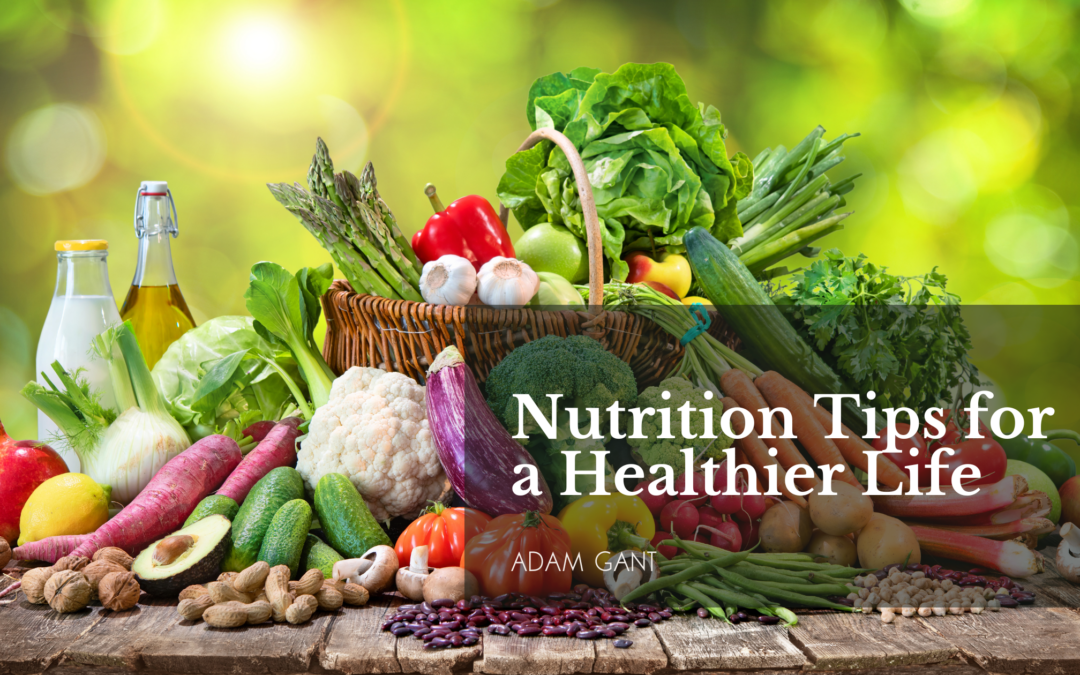A diet rich in fruits, vegetables, whole grains, and legumes is healthy and balanced. It also includes lower amounts of refined grains, processed meats, sugary drinks, and red and processed food.
A plant-based diet that is full of minimally processed or whole food products is considered to be healthy. It can include various dietary patterns rich in fruits, vegetables, grains, legumes, and nuts. These diets can help lower greenhouse gas emissions and improve the health of our planet.
Here are a few nutrition tips to get you on the path to wellness.
Fruits & Veggies
According to NHS, eating at least five portions of fruit and vegetables daily is essential. These can be either fresh, frozen, or canned. For instance, you can chop a banana and add it to your morning cereal instead of eating it alone at breakfast.
One serving of fruit or vegetable is 80g, while a portion of dried fruit is 30g. Although a 150ml glass of fruit juice or vegetable juice can be counted as one portion, limit the amount of this drink to no more than one glass a day due to how these can damage your teeth.
Going for Whole Grains
Whole grains, which include whole wheat crackers, whole grain bread, and brown or wild rice, are great for keeping you full and healthy. They are also filled with protein, fiber, and vitamins B and C. If you’re looking for a more refined or processed option, choose whole grains instead of pasta and white bread.
Whole Foods
To improve your diet, choose food that is natural and unprocessed. You should add more vegetables and fruits to your diet and replace processed food with better options.
Don’t Forget Your Protein
Having a protein-rich diet can help maintain a healthy blood sugar level. Some studies suggest that high-protein diets can help lower the risk of developing type 2 diabetes.
Nuts and Seeds
Although some people avoid nuts due to their high fat content, they are still nutritious and can help lower your risk of heart disease and type 2 diabetes. They are also filled with fiber, protein, and other nutrients.
Reduce Sugar
High-calorie drinks and food high in sugar can increase your risk of obesity and tooth decay. These can also contribute to weight gain and cause dental decay if eaten between meals.
Unsweetened fruit juices, syrups, and honey are naturally added to food and drinks, and these are referred to as free sugars, which are the kind that you should be reducing. Many packaged beverages and food products have high amounts of these.

